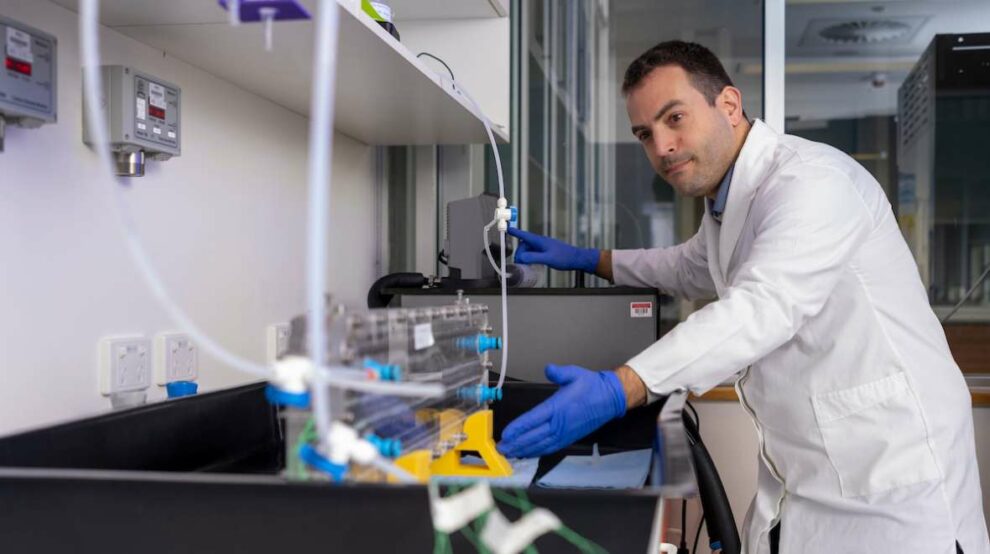Scientists at the University of South Australia have achieved a remarkable breakthrough in water desalination technology, accidentally discovering a mineral-based method that significantly accelerates the conversion of seawater into drinking water. This groundbreaking development could revolutionize global access to fresh water, particularly as water scarcity continues to affect billions worldwide.
The research team’s findings, published in Advanced Materials, demonstrate an unprecedented 18.8% increase in seawater evaporation rates compared to pure water. This achievement marks a dramatic improvement over traditional desalination processes, which typically see seawater evaporating 8% slower than pure water. The discovery represents a potential paradigm shift in addressing global water security challenges.
Professor Haolan Xu, a key researcher behind the study, explains that the acceleration occurs through a sophisticated ion exchange process at the water-air interface, triggered by the introduction of specific minerals to the evaporation tank. The significance of this discovery extends beyond its technical achievement, as the required minerals are both abundant and affordable, making the solution particularly attractive for widespread implementation.
The timing of this breakthrough could not be more crucial. Current statistics paint a sobering picture of global water scarcity, with approximately 36% of the world’s population experiencing freshwater shortages for at least four months each year. Even more alarming is the projection that this figure could double in the coming decades, highlighting the urgent need for innovative solutions to water security challenges.
While oceans cover more than 70% of Earth’s surface, converting this vast resource into potable water has historically been hampered by the energy-intensive nature of thermal desalination and the sluggish pace of water evaporation. The new mineral-based approach directly addresses these limitations, offering a more efficient and economically viable solution for existing desalination infrastructure.
The global implications of this discovery are substantial, considering the current network of roughly 17,000 desalination plants worldwide. These facilities could potentially implement the new technique to significantly increase their production of clean water, though careful consideration must be given to environmental impacts as operations scale up.
Professor Xu emphasizes the practical applicability of their findings, noting that the solution can be readily integrated into existing evaporation-based desalination systems. This compatibility with current infrastructure means that the benefits of this discovery could be realized relatively quickly, without the need for extensive facility modifications or new construction.
However, the research team acknowledges that their work is far from complete. Continued efforts focus on pushing the boundaries of evaporation speeds even further, aiming to maximize the efficiency of desalination processes and expand global access to clean water. This ongoing research represents a crucial step toward addressing one of humanity’s most pressing challenges.
The discovery’s combination of improved efficiency and cost-effectiveness positions it as a potentially transformative solution in the fight against global water scarcity. As climate change and population growth continue to strain existing water resources, innovations like this provide hope for maintaining and improving access to clean water for future generations.
Looking ahead, the implementation of this technology could mark a significant milestone in human development, potentially providing reliable access to clean water for billions of people worldwide. While environmental considerations must be carefully evaluated, the promise of more efficient desalination processes offers a glimpse of a future where water scarcity might become a challenge of the past.
As the research team continues to refine and develop this technology, their work stands as a testament to the power of scientific discovery in addressing global challenges. Sometimes, as in this case, the most significant breakthroughs come unexpectedly, reminding us that innovation often emerges from the persistent pursuit of solutions to humanity’s most pressing problems.
















Add Comment